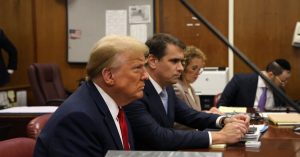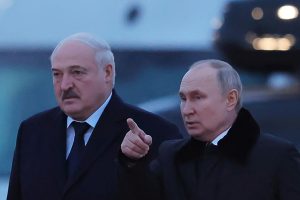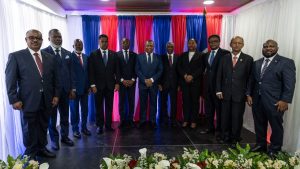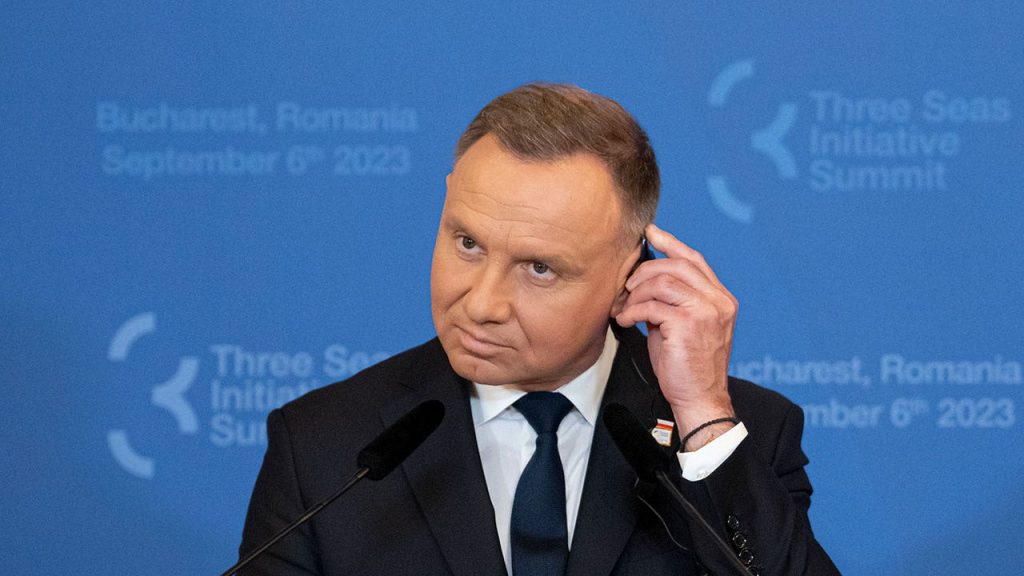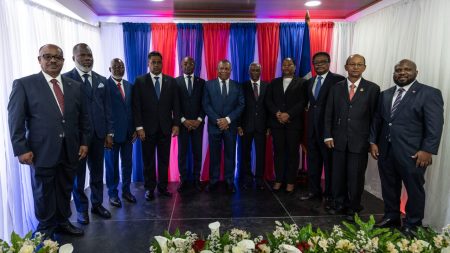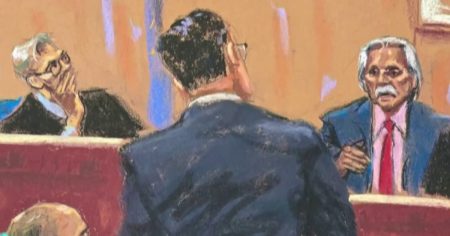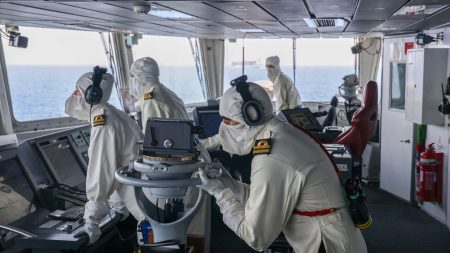Poland’s President Andrzej Duda stated in an interview that the country would be willing to host the nuclear weapons of NATO members in response to Russia moving nuclear weapons to Belarus. This move was seen as a way to enhance the security of NATO’s eastern flank. Duda emphasized that Poland is aware of its obligations within the alliance, which includes the United States. Prime Minister Donald Tusk echoed Duda’s sentiments on national security, but stressed the need for careful preparation and discussion before any decision is made.
While Duda’s proposal was met with reservation by Tusk, he acknowledged the seriousness and magnitude of the idea and expressed the need for a thorough understanding of the circumstances leading to the declaration. Duda had previously indicated Poland’s willingness to participate in NATO’s nuclear sharing program before Tusk’s government came to power. In Moscow, a Kremlin spokesperson warned that any deployment of U.S. nuclear weapons in Poland would prompt retaliatory measures to ensure Russia’s security.
Currently, the U.S., the United Kingdom, and France are the only NATO members recognized as nuclear powers. Under the nuclear sharing program, the U.S. has nuclear facilities in several allied countries such as Belgium, Germany, Italy, the Netherlands, and Turkey where weapons can be deployed and stored. Washington maintains absolute control and custody over the weapons it deploys, using dual-capability aircraft available in seven NATO members that can carry either conventional bombs or nuclear warheads if necessary. Poland’s support for Ukraine in its conflict with Russia has further underscored its commitment to security in the region.
President Duda’s proposal comes amidst rising tensions in Eastern Europe, particularly between Russia and neighboring countries such as Ukraine and Belarus. Russia’s decision to relocate nuclear weapons to Belarus has raised concerns among NATO members, prompting discussions on how to enhance the alliance’s defensive capabilities in the region. While hosting nuclear weapons is a significant step, Poland’s readiness to participate in such efforts demonstrates its commitment to strengthening NATO’s deterrence posture and ensuring security in the region.
The repercussions of potential deployment of nuclear weapons in Poland are significant and warrant careful consideration by all parties involved. Tusk’s call for thorough preparation and discussion before any decision is made reflects the complexity of the issue at hand. As NATO continues to navigate evolving security challenges in Eastern Europe, Poland’s willingness to host nuclear weapons could be a crucial element in enhancing the alliance’s defense capabilities and deterring potential threats in the region.
